Tomorrow morning, the U.S. Supreme Court will hear oral arguments for an hour in a fascinating tax case that highlights the intersection of a local government’s tax policy, the financing of public utilities, and the Equal Protection clause of the Constitution.
The case is Armour v. Indianapolis.
What happened is truly fascinating for those interested both in tax policy and public financing. Add in a dash of constitutional law, and you have the making for an important case that may well set a course for how local governments can tax you for local governmental projects in your home town.
Around 2001, the city of Indianapolis put in a sanitary sewer line serving a neighborhood of approximately 180 homes that had previously relied on individual septic systems. In order to pay for the new sewer line, the city assessed each of the affected homeowners $9,278. They had the option of paying in cash or over time-either 10, 20 or 30 years. If they paid over time, they had to pay interest.
As you might expect, most homeowners chose to pay over time, but 31 homeowners paid the full assessed amount of $9,278 in cash.
Fast forward about 4-1/2 years to the fall of 2005. The city made a decision to ditch the plan to collect the assessments over time and instead chose to forgive the unpaid assessments of those paying on the installment plan. The city decided that going forward a homeowner in Indianapolis would be required to pay $2,500 for hooking on to the sewer system anywhere in the city.
OK, all’s fine and good. The city adopts a simple policy and forgives a tax assessment for about 150 families. What’s the problem?
Well, the 31 families who had paid $9,278 asked for the same forgiveness that the city had given the families paying over time for the sewer line. They said, in effect, “Great new policy, City. We’d like a refund of what we already paid so that we’re treated equally with the other families in our neighborhood.”
The city refused to pay the refunds, however. It said it would be too hard and expensive to make the refunds.
The 31 homeowners sued. The won at the first court, but lost in the Indiana Supreme Court. They sought a review by the U.S. Supreme Court, which took the case.
Tomorrow, the Supreme Court will hear from the lawyers for the 31 homeowners and the city of Indianapolis.
My take is this–it’s great for a city to make tax policy that is simple and works to help those who cannot pay, but if they do so, at least treat everyone fairly. The 31 homeowners should have gotten their refunds.
The Equal Protection clause, it seems to me, requires that a city not treat one group of taxpayers differently from another. If a city forgives the tax debts of one group of homeowners, they should forgive everyone’s. That means that the 31 homeowners should get their refunds.
I’ll be following this case, and I will report back to you with further updates.
